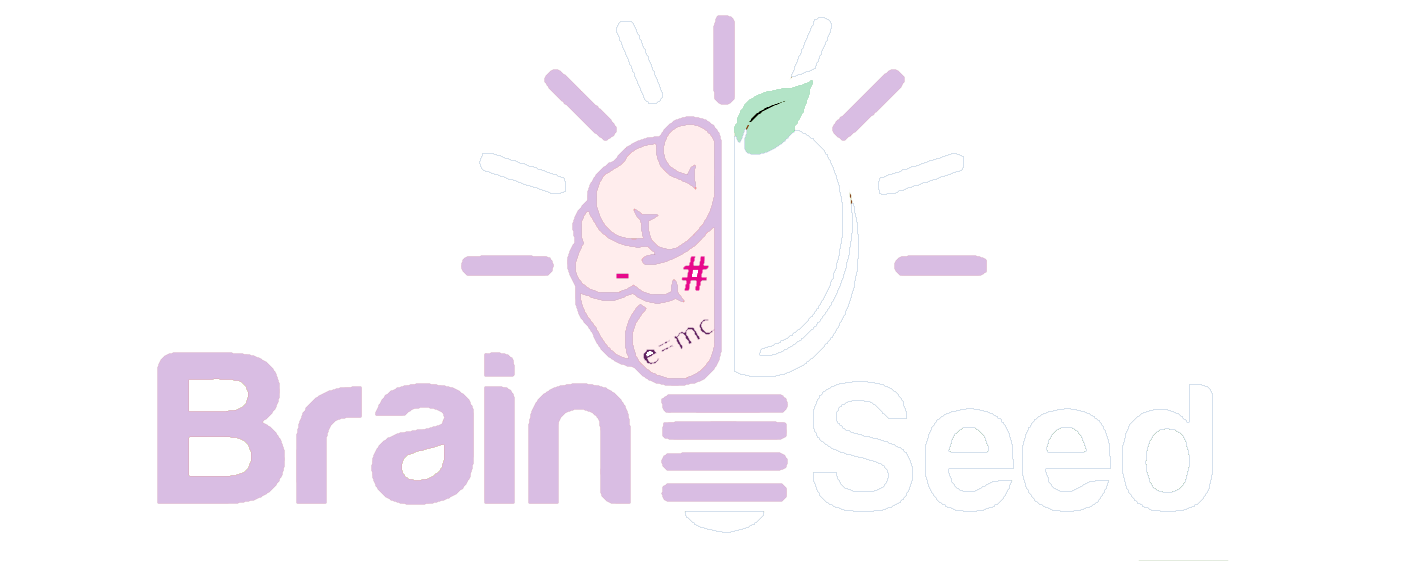The impact of drama education on student academic achievement and success
Drama education has been widely used as a teaching tool in many countries, including Hong Kong. While its primary purpose is to develop students’ creativity, imagination, and communication skills, its impact on academic achievement and success is a matter of interest to educators and parents alike. This article will explore the ways in which drama education can positively influence students’ academic performance and success in Hong Kong.
1. Introduction
Drama education is a form of experiential learning that allows students to learn through doing. By engaging in dramatic activities, students can explore different perspectives, develop their creativity, and gain a deeper understanding of themselves and the world around them. Drama education has been shown to have positive effects on academic achievement and success, making it an essential part of the curriculum in many schools.
2. The role of drama education in academic achievement
2.1 Enhancing critical thinking and problem-solving skills
Drama education provides opportunities for students to think critically and solve problems creatively. Through improvisation and role-playing, students can learn to think on their feet and develop their problem-solving skills. Drama activities require students to analyze situations, think about different solutions, and make decisions based on the information available to them.
2.2 Improving communication and language skills
Drama education can also improve students’ communication and language skills. By practicing their speaking and listening skills through dialogue and performance, students can improve their ability to articulate their thoughts and express themselves clearly. Drama education also provides opportunities for students to learn different languages and accents, further enhancing their communication skills.
2.3 Fostering creativity and imagination
Drama education fosters creativity and imagination in students by encouraging them to think outside the box and explore new ideas. By creating their own stories, characters, and worlds, students can develop their creativity and imagination in a safe and supportive environment. Drama education also provides opportunities for students to collaborate with others, encouraging teamwork and cooperation.
2.4 Boosting self-confidence and self-esteem
Drama education can boost students’ self-confidence and self-esteem by providing opportunities for them to perform and receive feedback. Through performance, students can develop a sense of accomplishment and pride in their work. Drama education also provides a safe space for students to take risks and make mistakes, which can help build resilience and self-confidence.
3. The impact of drama education on academic success
3.1 Enhancing social and emotional skills
Drama education can enhance students’ social and emotional skills by promoting empathy, emotional intelligence, and social awareness. Through role-playing and character development, students can gain a better understanding of different perspectives and experiences. Drama education also provides opportunities for students to develop their emotional intelligence by exploring and expressing their emotions.
3.2 Preparing students for future careers
Drama education can also prepare students for future careers by developing skills that are highly valued in the workforce. Drama education promotes teamwork, communication, problem-solving, creative thinking, and adaptability, all of which are essential skills in many industries. Drama education also provides opportunities for students to develop public speaking and presentation skills, which can be useful in a variety of professions.
Reducing stress and anxiety
Drama education can also have a positive impact on students’ mental health by providing a creative outlet for stress and anxiety. Engaging in dramatic activities can help students to release tension and express their emotions in a safe and supportive environment. Drama education can also promote mindfulness and relaxation, helping students to develop coping strategies for stress and anxiety.
History and current state of drama education
Drama education has a long history in Hong Kong, dating back to the early 20th century. The Hong Kong Academy for Performing Arts, founded in 1984, has played a significant role in promoting drama education in the city. Today, drama education is an integral part of the curriculum in many schools in Hong Kong, with a variety of drama programs and extracurricular activities available to students. Challenges and opportunities for drama education in Hong Kong
While drama education has been widely embraced in Hong Kong, there are also challenges to its implementation. Funding for drama programs can be limited, and there is a shortage of trained drama educators in the city. However, there are also opportunities for drama education in Hong Kong, particularly in the areas of cultural exchange and collaboration with international arts organizations.
5. Conclusion
Drama education can have a positive impact on students’ academic achievement and success in Hong Kong. By enhancing critical thinking, communication, creativity, and self-confidence, drama education can help prepare students for future careers and promote their social and emotional well-being. While there are challenges to its implementation, drama education is an essential part of the curriculum in many schools in Hong Kong and has the potential to provide valuable learning experiences for students.






